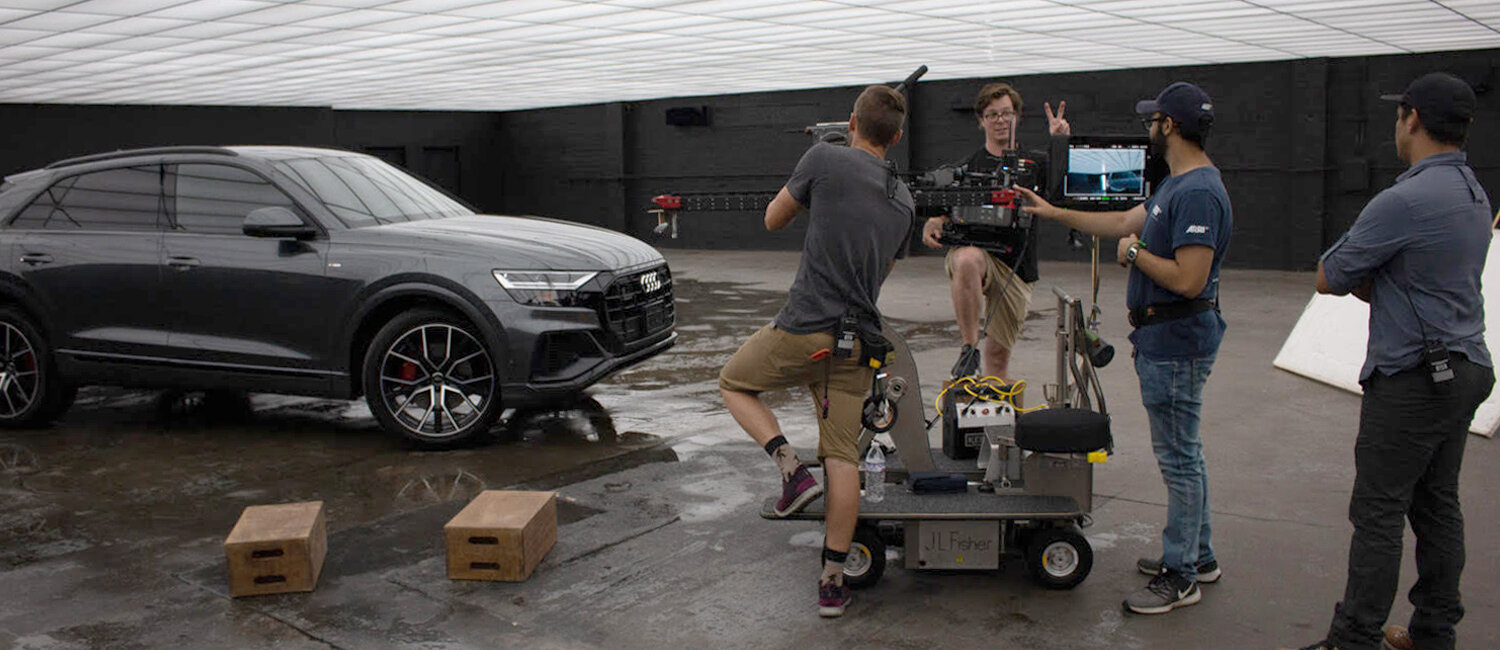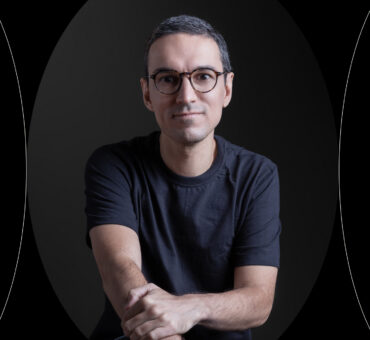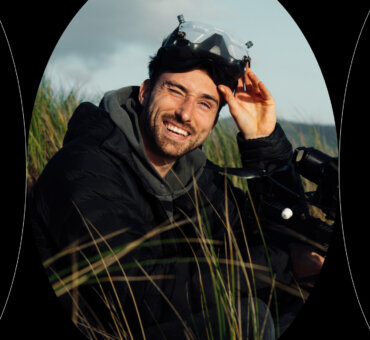Welcome back to our third article in a series exploring The Commercial Directors Diversity Program, or CDDP. The program’s mission is to advance diversity and representation in commercial directing by selecting five fellows and connecting them with high-level mentors to produce a spec ad.
__
It’s been quite the ride since we started exploring the CDDP. In our first entry, we talked with directors Christopher Nataanii Cegielski and Sofia Garza-Barba about their involvement with the program and expectations heading into production. You can read their article here. In our second article, we spent some time talking with Vanessa Black and Jane Qian about the actual production process and how they pulled it out. Check it out here.
For our third and final article exploring the program, we wanted to step back and take a bigger-picture look at the industry. Specifically, should you consider getting into commercial filmmaking?
Director Dominique DeLeon, like all of the fellows in the CDDP, had plenty of experience in filmmaking, even commercial filmmaking, but didn’t know what it took to execute a project at the highest level. But now that’s he’s been through the program, he sees the craft from an entirely new angle—and the industry is seeing it from a different angle, too.
“When I started film school, there was a very defined path,” Dominique told us. “You get into a major film festival, maybe you get your first student Academy Award and then you might get an agent. And that was it. There was no path for getting into commercial filmmaking. It was something that you did in between projects, you know? Now it’s changed.”
After speaking with Dominique, he made a pretty compelling argument for getting into commercial filmmaking. So, whatever you think about the industry, hear him out—you may just change your mind.
___
You Can Get a Great Education
When Dominique went to film school, he knew he had the vision and passion for the craft—but he was missing some of the technical chops that some of his peers brought along with them. Commercial filmmaking offered a chance to dive into filmmaking and learn along the way.
“I had a voice, but I didn’t have any of the craft that he had. So I knew that I needed to practice. So commercials really offered that opportunity and it offered me the opportunity to support myself while I was doing it,” he told us. “I’ve definitely put in my 10,000 hours, but most of that has been on commercial sets.”
Commercial filmmaking offers a unique opportunity for education on a few different levels. First, there are commercials of all quality and levels of detail. Not ready to dive into VFX work or working with actors? No problem. You can find commercials that use the talents you currently have, while seeking out jobs that can push you to the next level.
Another point Dominique made, however, is probably the even more key: the nature of commercial filmmaking itself.
“I think limitations make you a better filmmaker, period. I can say that now, having worked for awhile,” Dominque told us. “All of us dream of unlimited budgets and having everything at our disposal. But, there is something very special about being able to come on set and execute your vision given limitations.”
Commercials, by nature, are built around constraints. There are budgets, timelines, specific guidelines, and clients breathing down your neck. If you can manage all of that and come out the other end feeling good about yourself as a filmmaker, then you’ve passed quite the test.
“Commercials make you get over yourself as a filmmaker. You have deadlines, you have to write, you have to do your treatments, you’ve got to pitch, you got to be on the calls, you’ve got to send your ideas,” Dominique says. “You have to deal with people who are in the business of selling things, which ultimately you have to deal with at some point anyway.”
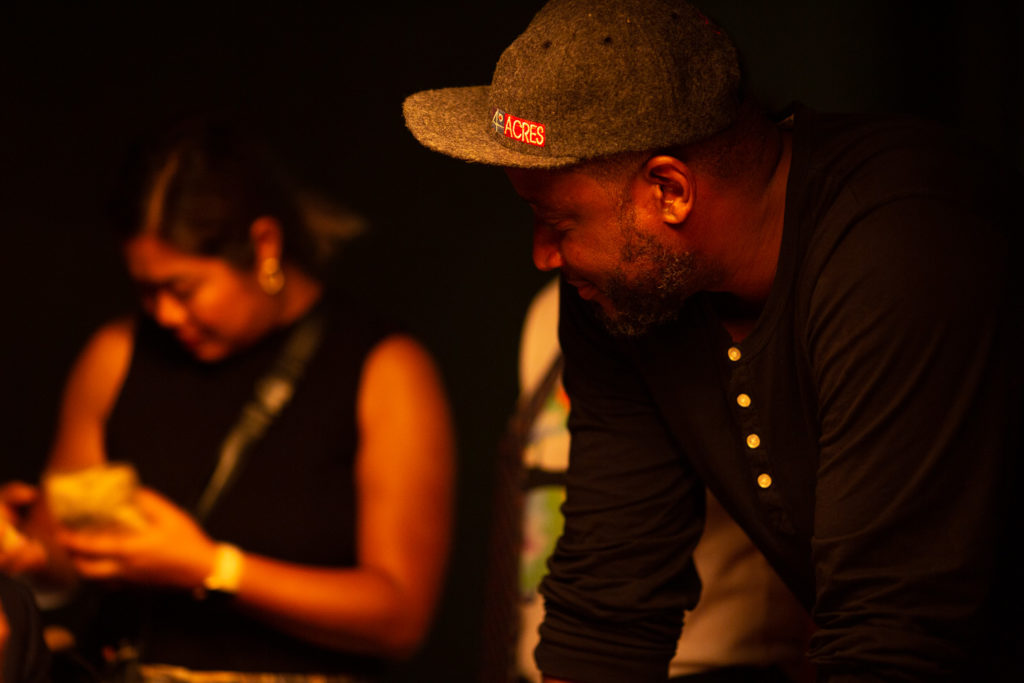
You Can Expand Your Options
The perspective of getting into commercial filmmaking is changing a bit. In the past, it seems that filmmakers were confined to two different arenas—creative filmmaking and commercial filmmaking. Those lines are beginning to blur.
The diversity of experience as a director (or any kind of filmmaker, for that matter) is key, even for spots that may not seem like the most creative. We’ve all seen those cinematic commercials that are more like short films, but what about the commercials that move products? Someone has got to create them, and there are huge opportunities that come along with it.
“There’s performance advertising, right? Everybody wants to do the big splashy brand spots, but those ads move units and people look for those directors,” Dominique says.
Going back to the education point, you get so much experience from just being involved in the process, no matter the creative level of the project. But, most importantly, those performance ads are projects that pay directors and pay them well. Let’s not discount the fact that we all need to make a living, and those types of projects may free us up to follow our passion.
“I met a director who does a lot of the Verizon spots where people are talking in front of a white spots,” Dominique told us. “Those spots pay for him to do a lot of other stuff he wants to do during the year. Now is that a successful spot? Yes, because it works—it sold the things they needed to sell. Creatively, was it the most groundbreaking? No. But, it gives you a chance to submerge your ego and just do the thing that’s in front of you.”
There’s a lot to be said about creative fulfillment. There’s even more to be said about doing a good job and getting paid for it. In a lot of ways, that sums up success as a filmmaker in this day and age—and there’s absolutely no shame in it, either.
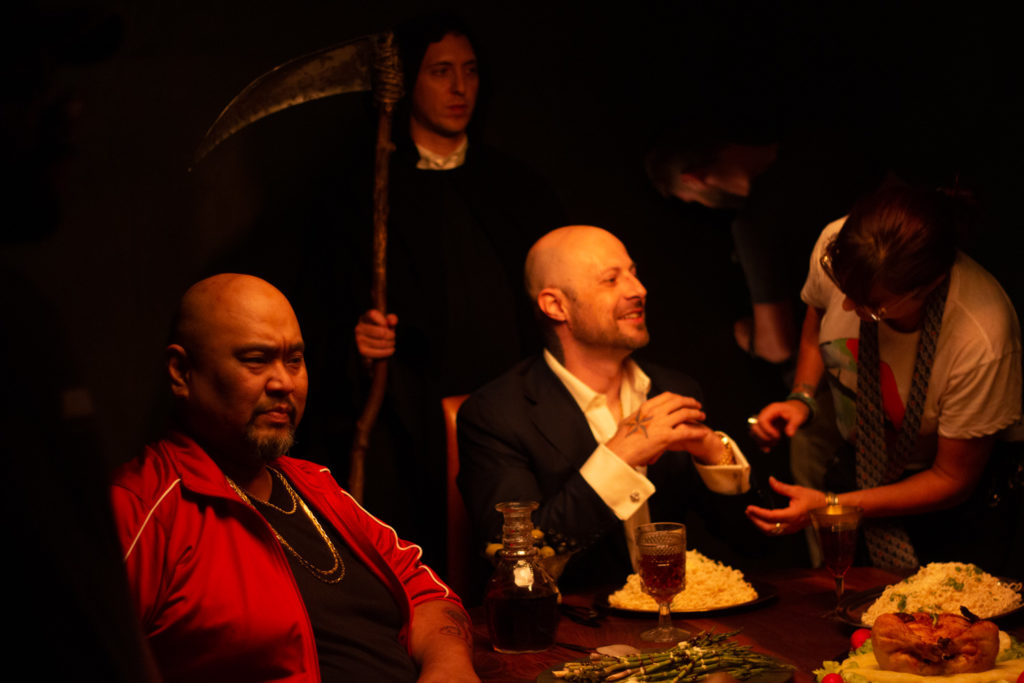
You Can Build a Reputation
As we mentioned before, commercials are beginning to get a different reputation, which means there are more ways to earn success as a filmmaker these days.
“When I started film school, there was a very defined path,” Dominique told us. “You get into a major film festival, maybe you get your first student Academy Award and then you might get an agent. And that was it. There was no path for getting into commercial filmmaking. It was something that you did in between projects, you know? Now it’s changed.”
There are only a few people who win Sundance every year. If your metric for success is an Oscar, then chances are you’re setting yourself up for disappointment. But, in commercial filmmaking there are so many different ways to find your success. It’s democratizing talent in the film industry in ways we haven’t seen before. It’s got to say something that Vimeo recently added an entire channel for Branded Content, and they’ve been handing out Staff Picks in that category for years, too.
“You can be a great filmmaker and have a great career. You can have your own audience that loves your work and wants to see your work and you can work in commercials,” Dominique says. “I think about a guy like Dave Myers, who’s a legend, who’s been doing music videos and commercials for 30 years, you know? He’s got a great career.”
It’s time to rethink your idea of success. There’s no problem with dreaming about that Oscar-winning feature, but be sure you aren’t passing up opportunities that are right in front of you.
You Can Start Making Them Now
You got into filmmaking to actually work, right? The path to success is littered with people who love to talk about doing work, who love to talk about the incredible screenplay that just won’t get produced. And then there are the people putting in the hours.
When we asked Dominique why someone should apply for a program like CDDP, he said this:
“I have a friend who asked me about it, so I’ll just tell you what I told him. I said, ‘you need to work. You are not too good to work, so work as much as you can. You’re not going to get this year back. You might get another year, but you’re not going to get this one back. Do you really want to spend your year trying to pitch your magnum opus or do you want to pitch your magnum opus and work a lot? This is a program that cares whether or not you’re working.’”
So, let’s get to it. There’s no better time than now to begin your professional journey by getting into commercial filmmaking. In fact, CDDP is taking applications for their program right now—and entries are due by December 31, 2019. You can apply right here.
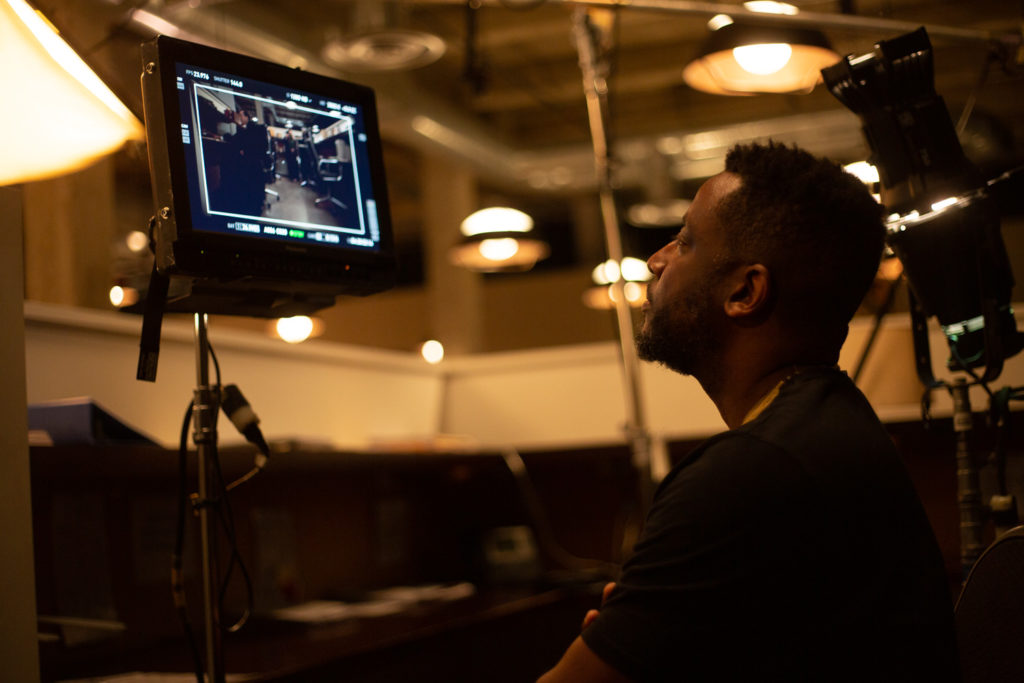
___
As we wrap up, we’d like to take a minute to thank CDDP for collaborating with us on this series of articles. Also, a big thanks to Dominique, Vanessa, Jane, Christopher, and Sofia for giving us their time, which is increasingly in short supply these days.
The CDDP’s mission is key to the survival of our craft. By showcasing diverse voices, we’re creating a future for the best possible films and commercials possible. When you boil it down, filmmaking is storytelling. And by supporting creatives who may have been marginalized in the past, we’re creating a space to hear life-changing stories that may have never seen the light of day—and that’s a beautiful thing.















































































